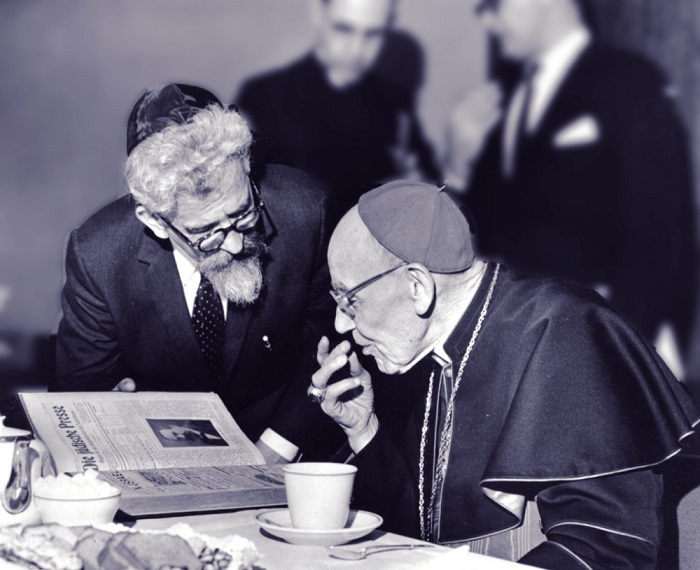Fifty-five years ago, on 28th October, 1965, an extraordinary global religious “game changer” took place in Rome.
At the conclusion of the Second Vatican Council, after three years of intense deliberation and debate, the world’s Roman Catholic bishops voted overwhelmingly that day to adopt the historic declaration titled “Nostra Aetate (In Our Time).”
The proclamation, promulgated by Pope Paul VI, set in motion a revolution of the human spirit and sparked a serious and systematic effort by the Catholic Church as well as other Christian bodies around the world to transform their past bitter relationships with Jews and Judaism.
The English translation of the original Latin text, only 624 words in length, rejected the ancient lethal and odious charge that the Jews were “Christ killers”. (It was the Roman occupiers of the land of Judea who executed Jesus.)
The specific term “anti-Semitism” (hatred of Jews and Judaism) appears in Nostra Aetate: The church, it reads, “…decries hatred, persecution, [and] displays of anti-Semitism directed against Jews at any time and by anyone.”
The declaration also specifically called for “mutual understanding and respect” and the establishment of “biblical and theological studies” as well as “fraternal dialogues” between Catholics and Jews.
In 1965, it was understood that future generations of Catholics and Jews would be required to give life and meaning to the tightly worded declaration, but a solid, hard-won foundation had been laid. In fact, the past 55 years have seen more positive relations between Roman Catholics and Jews than in the first 1,900-plus years of the church’s existence.
Read the article by A James Rudin in Sight Magazine.

